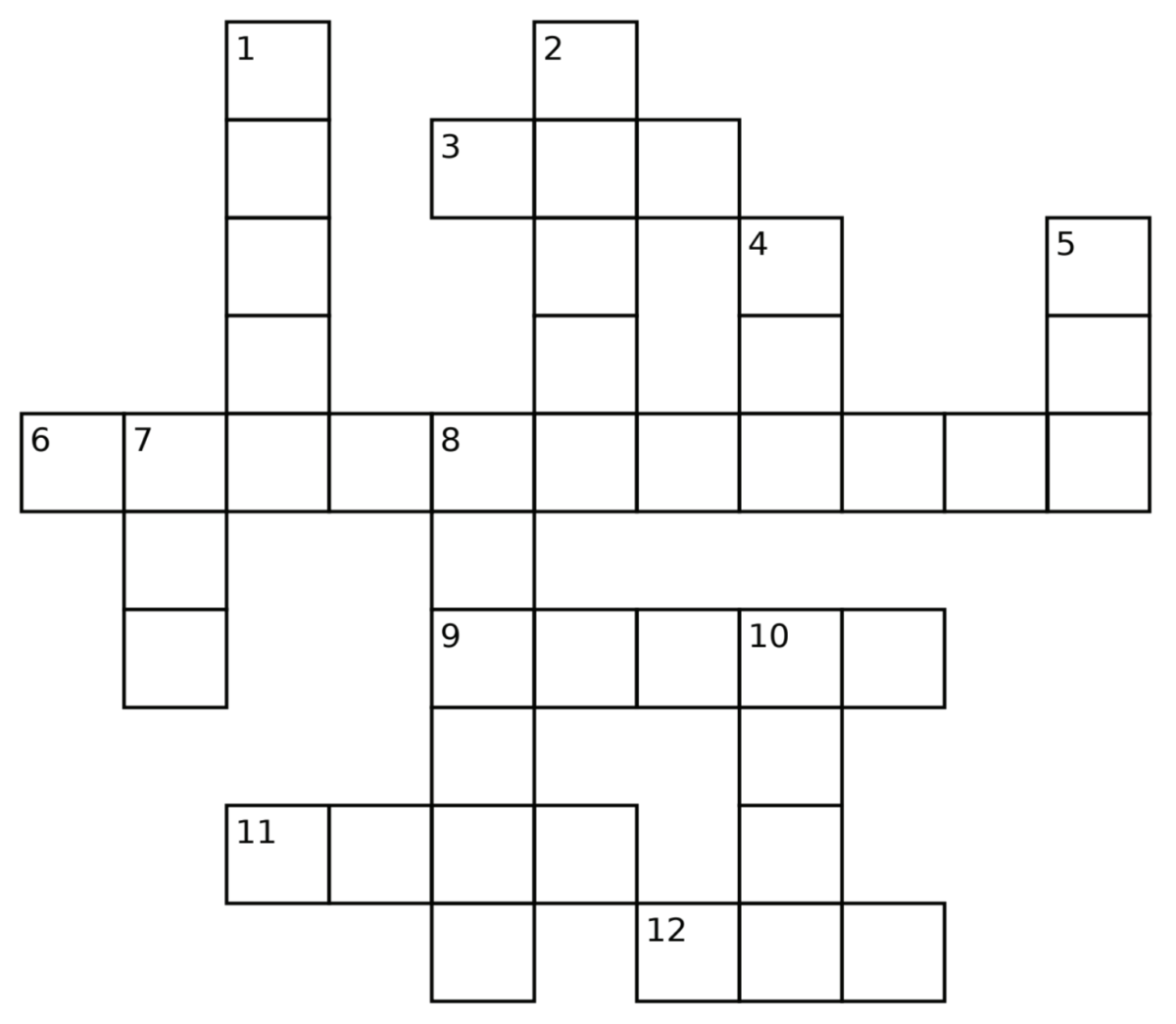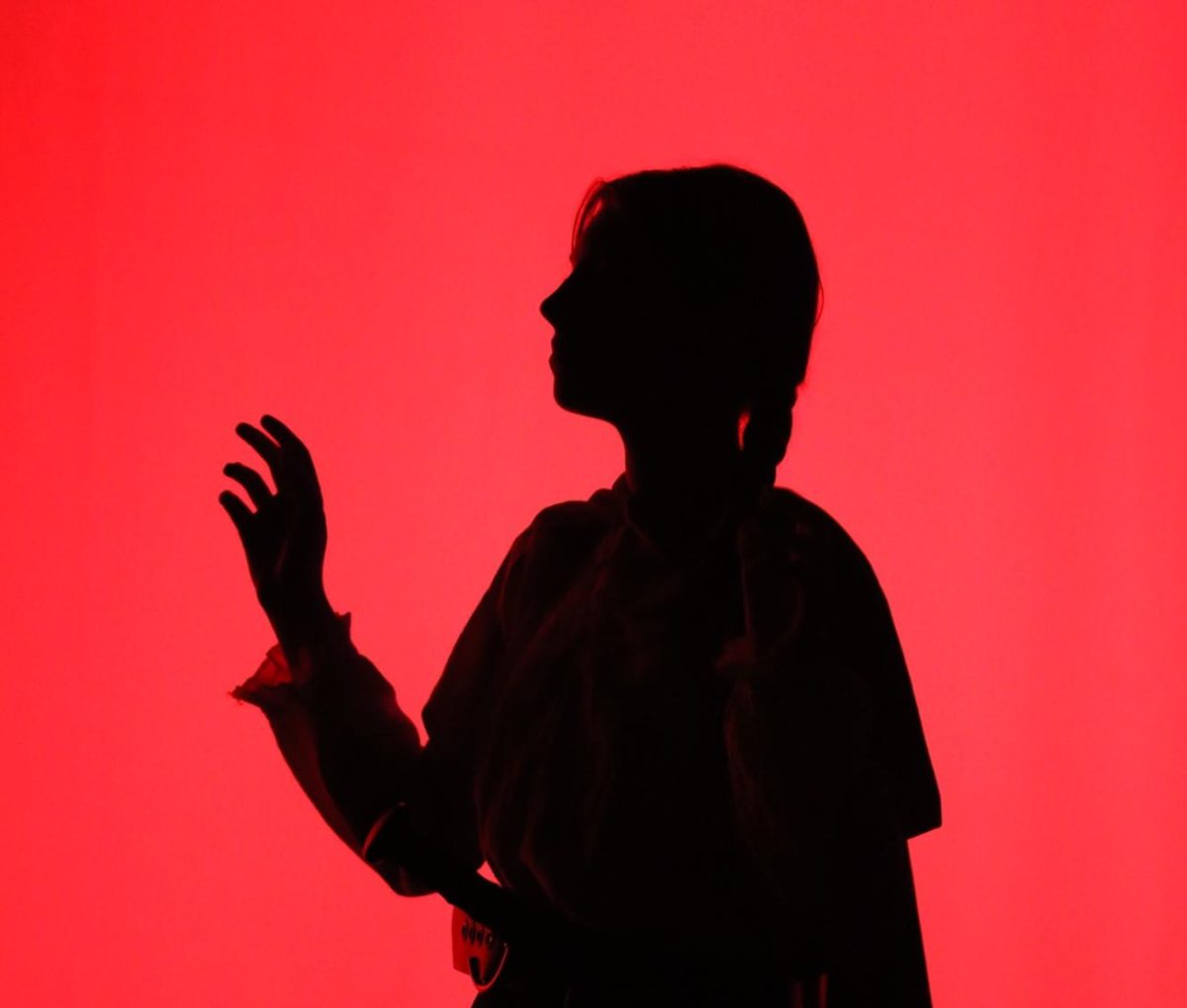Following the release of the lead singles “Spirit 2.0” and “Only,” fans of British singer and experimental producer Sampha knew they were in for something special. It has been six years since his last album was released, and with the debut of “Lahai” on Oct. 20, the wait was finally over.
Back in 2017, when Sampha’s album “Process” won the Mercury Prize, an annual award for the best British music album, he was one of the hottest artists in the genre of electronic/British pop. What came next was a surprise to his listeners; at such a momentous time in his career, Sampha stepped back from the spotlight. While not much was said about this pause, it’s easy to infer this was due to the birth of his daughter in 2020. But he wasn’t completely absent during this time, releasing a few singles and featuring on Kendrick Lamar’s Grammy-winning 2022 album, “Mr Morale And The Big Steppers”, which was a huge moment for his career. More recently, he was also featured on the song “My Eyes” off Travis Scott’s 2023 album “Utopia.”
Occasionally in music, there’s a correlation between the quality of the piece and the time it takes to create, and listening to the album it is clear that “Lahai” was worth the wait. Filled with poetic lyricism, captivating melodies and a meditative quality of sound, it is a journey that offers more with every listen.
Unlike “Process,” which was produced solely by Rodaidh McDonald and co-produced by Sampha, “Lahai” is produced by Sampha and six others, including Scottish producer Kwes. Kwes was a huge contributor to the disco scene in London, and ultimately put Sampha in touch with his label and contributors early on. Often, having such a wide range of producers working together could create somewhat contrasting sounds for each track. However, on “Lahai,” although each track stood out with defined layers and intricate melodies, every song seemed to flow into the next seamlessly. This is especially prominent on the interludes, including “Wave Therapy”, which samples a very stretched out orchestral composition and introduces sounds that appear in the next track.
Seamless is not the only word that could be used to describe this album. With a voice as controlled as piano notes and a use of open space that provokes the listener to think, “Lahai” takes a more meditative direction from “Process” and is a little less pop oriented. My uncle and music expert Woog, who covers everything from hot new albums to forgotten classics on his Instagram and YouTube channel, “Woog Talks Music”, shared some thoughts on Sampha’s vocal delivery on “Lahai.”
“Sometimes, the more words that are in a piece, it almost becomes more distracting; I feel like I gotta force my attention on it to really think about what’s being said, whereas you can not even try to listen to the Sampha stuff, and you still absorb it in a way,” Woog explains.
This easy-listening quality Sampha brings to his music is largely due to the mixing (the balance of every sound in a composition).
“10/10 with the mixing of the whole album. It was a vibe,” expresses junior Kenneth Darby.
Sampha’s culmination of sounds and patterns on “Lahai” pull from a wide range of genres and types of music. Along with a visual poem he released to accompany the album, Sampha noted the inspiration of funk, jungle, grime and minimal classical music. He also described the influence of “Woroton” by Malian singer Oumou Sangare, and the “transportive spiritual feeling” he got from listening to the album.
“It felt like something I’d heard in another lifetime or something,” remarked Sampha in a recent Instagram post.
This inspired “spiritual feeling” may have factored into the downtempo, yet uplifting atmosphere we can hear on the album.
When asked what artists he could see as inspiration on “Lahai,” Woog listed a few that came to mind.
“In terms of the vocals I would say James Blake… and a little bit of Sault, the three person collective from the UK with singer Cleo Sol, in terms of the mellow mood on some of the Sault projects and the same type of mood on Lahai.”
Some other artists worth noting are Frank Ocean, whose use of vocal layers and pitch shifting is resembled on the first track–Stereo Color Guard, and Kendrick Lamar, whose delicate piano riffs were reminiscent throughout “Lahai”, and especially on tracks “Dancing Circles” and “Suspend”.
My favorite cuts off “Lahai” were “Inclination Compass,” “Jonathan L. Seagull,” and “Suspend,” but the album has so much to offer and is best experienced as a whole. “Lahai” is perfect for anyone who feels the need to slow down, or just wants a little positive energy in their lives. I dare you to listen to “Lahai” and not feel a little more relaxed.







